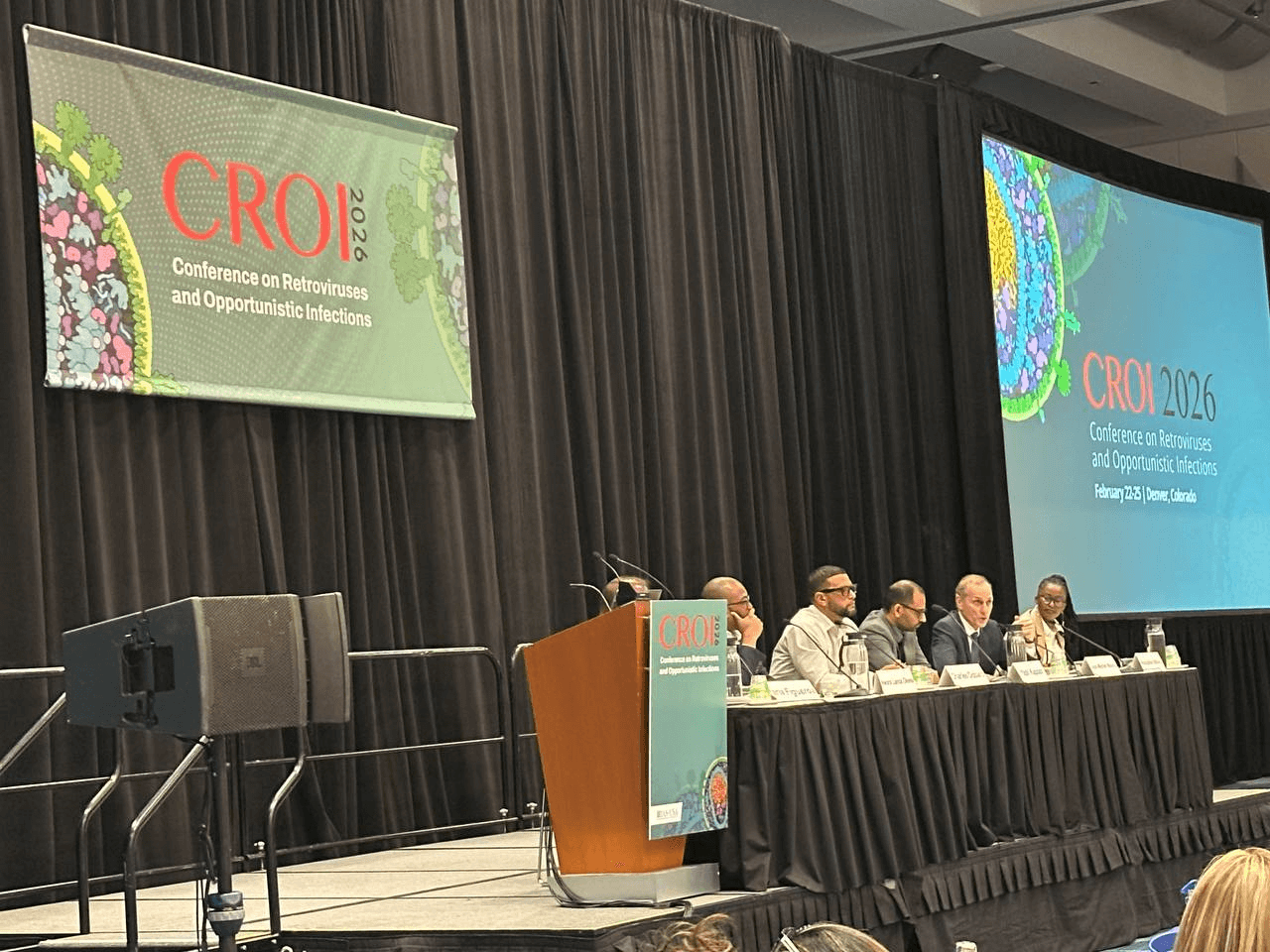MK-8591 implant has been shown to be highly effective at low dosages

Merck’s nucleoside reverse transcriptase translocation inhibitor (NRTTI) MK-8591 (MSD outside of the US and Canada) showed high antiviral activity against HIV-1 with a single dose of 0.5 mg, follows from preliminary results of phase II clinical trials (NCT03272347 ) presented at the Seattle Retrovirus and Opportunistic Infections Conference (CROI2019).
As part of a study of the effectiveness of the implant, specialists evaluated the antiviral activity of MK-8591 in combination with doravirine in dosages of 0.25 mg, 0.75 mg or 2.25 mg with a single injection.
The inhibition ratios (IQ) of MK-8591-triphosphate (MK-8591-TP), evaluated in the course of the study, in relation to other NRTIs and HIV-1 resistant to this class of drugs showed a stable virologic response.
To determine the intracellular concentrations necessary to achieve an effect (IC), the researchers analyzed groups of previously uninfected human peripheral blood mononuclear cells (hPBMC) after 24-hour incubation with various concentrations of MK-8591, TDF, 3TC or FTC, followed by lysis and analysis with using LC-MS / MS.
The IC was calculated for MK-8591 and compared with other agents both in the stationary state with QD and weekly QW dosing in phase 1 clinical trials. IQs for NRTI-resistant HIV-1 were calculated using multiple shifts for drug class-specific clinical isolates.
Reportedly, the results of the study showed that in order to achieve a clinically significant effect (IC), the dosage of MK-8591-TP can be at least 4 times lower than any of the studied NRTIs. Inhibition coefficients MK-8591 (IQ) in a stable state with a dose of 0.25 mg per day and 10 mg per day are 85.3 and 101, respectively, and increase proportionally with increasing dose.
In relation to common mutations to this class of drugs, including M184I / V, mutations of thymidine analogues, K65R and K70E, lower multiple shifts of antiviral activity and higher IQ than TDF, TAF and 3TC are also provided.
Thus, according to experts, the inhibition rates for MK-8591 for both simple strains of HIV-1 and NRTI-resistant at low dosages of QD and QW are significantly higher than for any NRTI approved for the treatment of HIV infection.
In combination with a long intracellular half-life and excretion of MK-8591-TP, the data obtained make it possible to propose several low-dose variants at the same time with a high barrier to NRTI-resistant strains of HIV-1.



